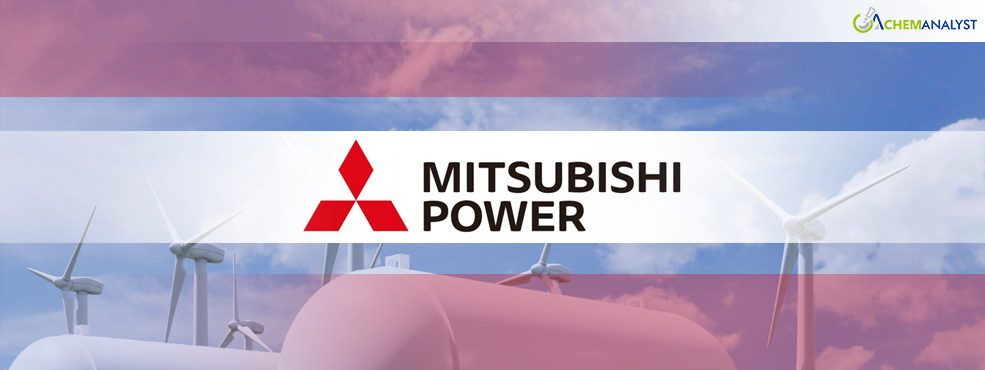Welcome To ChemAnalyst

Mitsubishi Power is at the forefront of driving a sustainable energy future, leveraging the immense potential of hydrogen. As global energy demands evolve, the company is focused on innovative strategies to transition to cleaner and more reliable energy solutions. At CERAWeek in Houston, Kai Guo, Vice President of Hydrogen Infrastructure Development at Mitsubishi Power, shared insights on the company’s efforts to advance hydrogen initiatives in North America, particularly through projects like the ACES Delta Hydrogen Hub.
The ACES Delta Hydrogen Hub in Utah is Mitsubishi Power’s flagship project, designed to produce 100 tons of clean hydrogen daily using 220 megawatts of power. This hub exemplifies the company’s commitment to creating accessible and affordable clean hydrogen solutions across the region. Supported by programs like the Department of Energy (DOE) grants and the Inflation Reduction Act (IRA) funding, these initiatives aim to overcome initial high costs and establish a pathway to cost-effective hydrogen production. Guo emphasized the parallels between hydrogen and the renewable energy industry, predicting that hydrogen costs will decrease over time, similar to the trends seen in solar and wind energy.
The DOE grants and tax credits play a pivotal role in enabling hydrogen projects, providing financial support to bridge the gap between emerging technology and large-scale adoption. Guo highlighted the long-term vision of connecting hydrogen hubs through long-distance pipelines, akin to the natural gas infrastructure. The ACES Delta Hub’s access to salt caverns offers a low-cost storage solution, setting the foundation for a nationwide hydrogen network.
Hydrogen’s potential extends beyond power generation to decarbonize sectors traditionally considered hard to abate, including long-haul trucking, aviation, and clean steel production. Mitsubishi Power is working toward aligning technology development, demand creation, and supply readiness to achieve economy-wide decarbonization within realistic timelines. Guo stressed the importance of a coordinated approach, ensuring hydrogen becomes an affordable and widely available energy solution.
In addition to power generation, the mobility sector represents a significant opportunity for hydrogen. Applications range from trucking fleets and aviation to forklifts and heavy-duty equipment used in warehouses. Hydrogen fuel cells can decarbonize these operations, while the clean steel industry, which requires substantial energy, also stands to benefit from hydrogen as a sustainable energy source.
Mitsubishi Power’s comprehensive strategy demonstrates its commitment to leading the hydrogen economy, paving the way for cleaner energy solutions that can transform industries and contribute to global decarbonization goals.
We use cookies to deliver the best possible experience on our website. To learn more, visit our Privacy Policy. By continuing to use this site or by closing this box, you consent to our use of cookies. More info.
